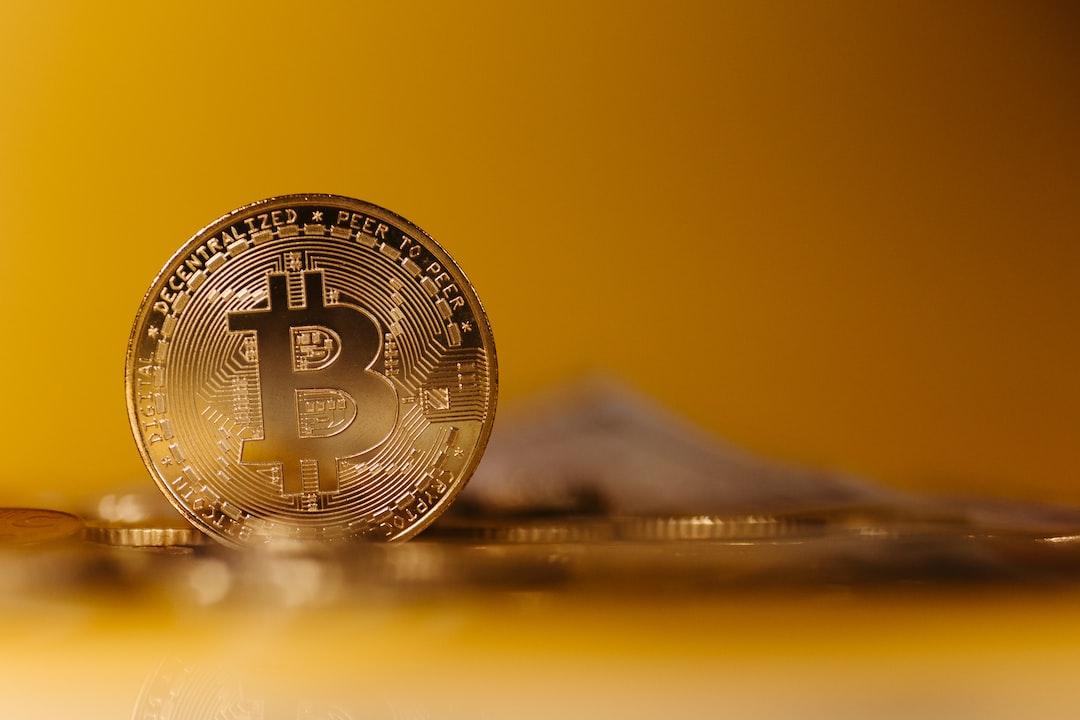India’s Union Cabinet, the highest decision-making body in the country, has given its approval to the “IndiaAI Mission” with an initial budget of 10,300 crore rupees ($1.24 billion). This initiative aims to support the growth of artificial intelligence (AI) startups and foster innovation over the next five years.
The IndiaAI Mission seeks to provide easy access to computing power across the nation, which is a crucial requirement for the development and deployment of AI. This access will be made available to innovators, startups, students, and educational institutions. Union Minister Piyush Goyal announced this development on March 7 during a cabinet briefing. The announcement stated the following:
The IndiaAI Mission consists of seven key components, out of which four are dedicated to the establishment and democratization of compute capacity and indigenous large multimodal models (LMMs). It also aims to streamline access to high-quality, non-personal data sets and promote the development of AI applications.
To support AI startups developed through public-private partnerships, an AI computing infrastructure comprising 10,000 or more graphics processing units (GPUs) will be established. The remaining components of the mission focus on introducing AI educational courses, providing financial support to deep-tech AI startups, and creating safety measures around AI advancements.
Indian Minister Ashwini Vaishnaw announced the launch of the IndiaAI Mission, as shown in the image below.
India’s Prime Minister, Narendra Modi, expressed his belief that AI advancements will contribute to the expansion of India’s economy and generate employment opportunities that require highly skilled individuals.
In related news, a generative AI teacher recently secured a teaching position in an Indian high school.
On March 1, the Indian government issued a warning to all tech companies, stating that they must obtain prior approval before releasing newly developed AI tools. The ministry also added that these platforms should ensure that their tools do not pose a threat to the integrity of the electoral process, as general elections are expected in the summer of 2024.
Magazine: Is it foolish to measure blockchain transactions per second (TPS) in 2024? Big Questions

